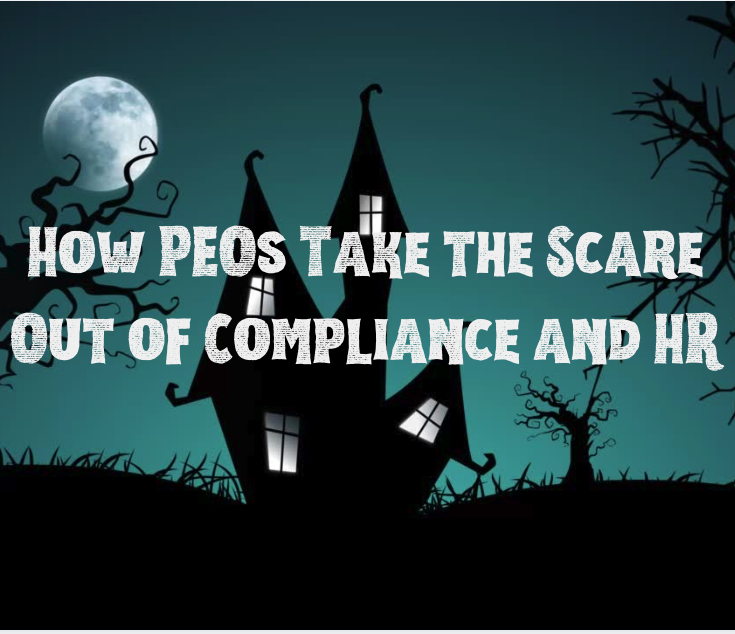Navigating PEO Consolidation through M&A
Understanding PEO Consolidation: What It Means for Your Small Business One of the big trends in the world of PEO right now, outside of managing...
3 min read
 Rick Johnson
:
Jun 18, 2024 3:28:53 PM
Rick Johnson
:
Jun 18, 2024 3:28:53 PM

2024 has been a landmark year for employers, marked by crucial regulatory changes and economic challenges that directly impact business operations. The Department of Labor (DOL) has introduced two major rulings aimed at clarifying existing laws and safeguarding employees from unfair labor practices. Whether you’re a business owner ensuring compliance or an employee navigating a new employment relationship, these updates are essential.
In March 2024, the DOL issued a final rule to clarify the classification of workers, replacing the contentious 2021 ruling. This new rule standardizes how individuals are classified, addressing historical complexities and inconsistencies. Understanding these changes is crucial for both employers and workers as it impacts job security, benefits eligibility, and compliance with various labor laws.
The new rule introduces a multifactor approach to determine whether an individual is an employee or an independent contractor. The six factors considered are:
Despite this detailed framework, the DOL emphasizes that “economic dependence” is the key consideration. It’s critical to assess the totality of the situation and consult with legal professionals to ensure proper classification.
For business owners, thorough review of worker classifications is essential to avoid significant legal and financial repercussions, including back pay for wages and benefits, penalties, and fines. Here are some practical steps:
Expected to take effect as early as June 2024, the new overtime rule aims to raise salary and compensation thresholds, extending overtime pay eligibility to an estimated 3.6 million additional Americans.
Key provisions include:
To navigate these changes, business owners should:
A PEO offers a comprehensive HR solution, including:
Employment laws are subject to change. Stay updated by:
Staying compliant with employment law can be challenging, but it doesn't have to be overwhelming. By understanding these new rulings and taking proactive steps, you can ensure your business is prepared and your employees are protected. For further guidance, don't hesitate to reach out to experts in the field. Remember, informed decisions are the cornerstone of successful business management.
By regularly evaluating your classifications, consulting with legal professionals, preparing for the new overtime rule, working with a PEO, and staying informed about legal changes, you can navigate the complexities of employment law with confidence. This proactive approach will help you avoid legal issues, maintain a compliant workforce, and create a positive work environment for your employees.
If you have any questions or need assistance with compliance, feel free to reach out to our team. We're here to help you navigate these changes and ensure your business remains compliant and successful. Partnering with the right PEO can simplify your compliance process and provide you with the support you need to focus on what you do best – running your business.
Disclaimer
The information provided in this blog post is for general informational purposes only and is not intended as legal advice. While we strive to ensure the accuracy and relevance of the content, laws and regulations are subject to change, and individual circumstances may vary. For specific legal guidance related to your business, we recommend consulting with a qualified legal professional or employment law expert. This is not a comprehensive list of all the employment law changes in 2024.

Understanding PEO Consolidation: What It Means for Your Small Business One of the big trends in the world of PEO right now, outside of managing...

As October rolls around, we often find ourselves surrounded by the spooky and eerie—ghosts, goblins, and haunted houses. While these Halloween...

Navigating HR complexities? A PEO broker may be your guide. They connect businesses with appropriate Professional Employer Organizations (PEOs),...